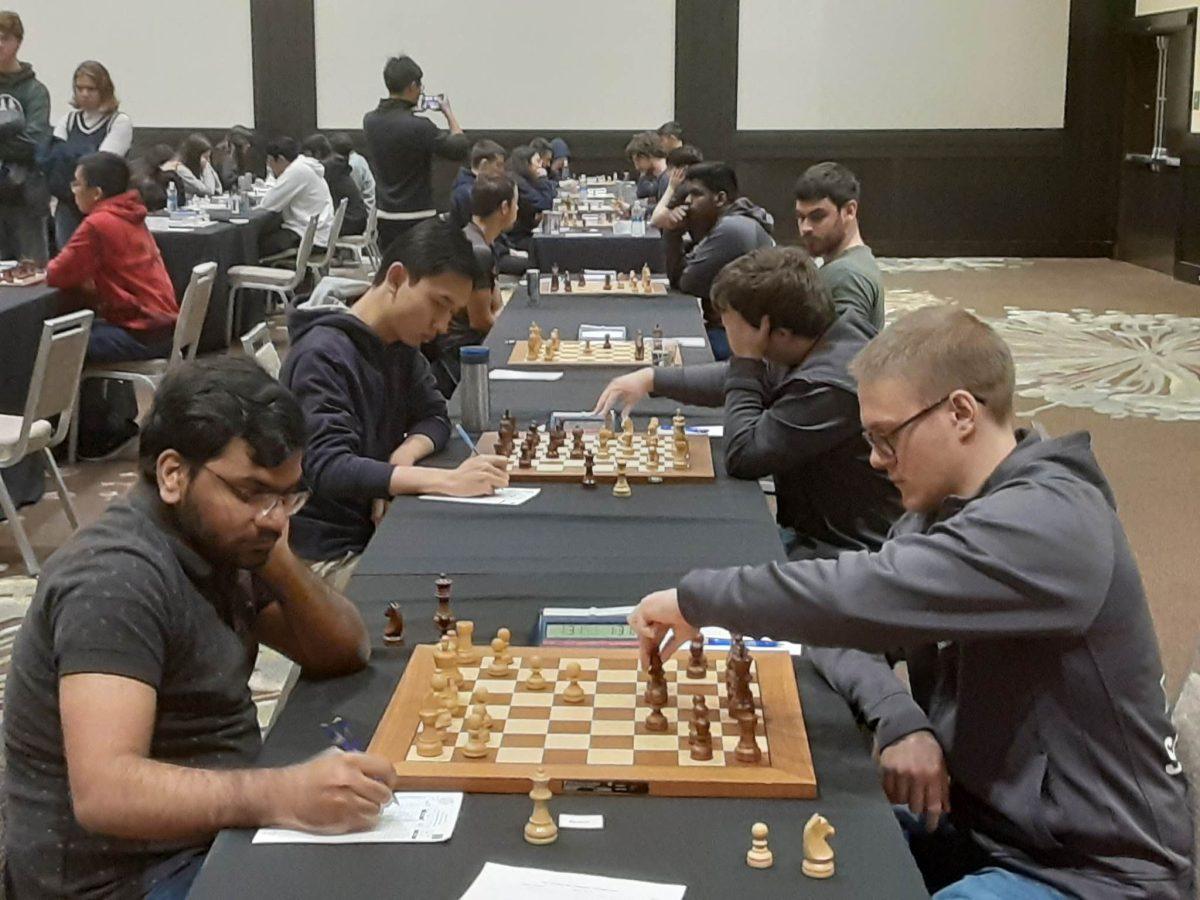Commentators reactions to female broadcaster during MLB game highlights lack of acceptance of women in sports industry
Change, in all facets, can be a frightening proposition for humans. Once people begin to develop a habitual lifestyle, the slightest deviation from the status quo can place them in a state of pandemonium.
For women and their role in men’s sports, however, change has been long overdue.
On Aug. 24, Jessica Mendoza became the first woman to call a nationally-televised MLB regular season game. Mendoza first hit the broadcasting scene as an analyst for ESPN’s “Baseball Tonight” in 2014. On Oct. 6, 2015, she became the first female analyst in MLB post-season history, joining the ESPN crew as part of the broadcast unit during the Houston Astros and New York Yankees’ AL Wild Card game.
Her appearance was a groundbreaking moment for the sports community, in particular for aspiring female commentators.
She garnered support from the press, but for some baseball traditionalists, hearing a different voice on their television sets was not something they appreciated.
Sports radio host for WZGC in Atlanta, Mike Bell began trending on twitter after posting sexist tweets regarding Mendoza’s commentating.
“Really? A women’s softball slugger as a guest analyst on an MLB Wildcard game? Once again, ESPN too frigging cute for their own good,” he tweeted that evening.
He has since issued a formal apology and has been suspended by CBS.
I was disappointed to see that a sports media personality would take jabs at Mendoza on a public forum because he didn’t believe she belonged in a male dominated sport.
Mendoza grew up playing softball and was tabbed The Los Angeles Times “Player of the Year” coming out of high school. She played at a collegiate level at Stanford and currently holds career records in batting average, hits, homeruns, slugging, runs and stolen bases. She is a two-time Olympic medalist, earning Gold in 2004 and Silver in 2008.
Suffice to say, she doesn’t lack athletic credentials.
The problem with Bell’s comments, and, to a larger extent, those who opposed her appearance, was the attempt to discredit her because of their belief that softball is inferior to baseball — a belief that stems from the sexist idea that women have no place in men’s sports.
This is a stigma that continues to prevail in the sports community, further hindering the elimination of gender barriers across all sports.
Bell failed to realize that, as a public figure, he is held to a higher standard. As a radio host, he should be using that medium to unify the sports community, not create widespread controversy.
If a woman can call a game better than a man in a male sport, then so be it. I have no problem with it. I don’t take gender into consideration when evaluating someone’s ability to commentate. My basis of judgment falls squarely on their ability to provide meaningful game analysis, maintain consistent but upbeat commentary and exude an amiable persona.
The path to closing the gender gap in sports is going at a slow but steady pace. Soon enough, we’ll have the first female NBA coach. Earlier this year, Becky Hammon, a former WNBA all-star, became the first female to coach in the NBA summer league. Now, as an assistant coach for the San Antonio Spurs, she is helping close that gap. What five-time NBA champion coach Greg Popovich said was especially noteworthy.
“I don’t even look at it as, well, she’s the first female this and that and the other,” he said. “She’s a coach and she’s good at it. I think some people thought this was some kind of gimmick or we were just trying to be cool. I’m glad she’s there. I respect her opinion. I enjoy the give-and-take with her.”
We need to face the facts. Times are changing. Women’s roles in sports are becoming increasingly more important. It’s time to eliminate the outdated and sexist idea that a woman isn’t qualified to be a part of male sports, whether it is as an analyst, sports anchor or coach.






